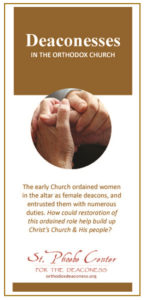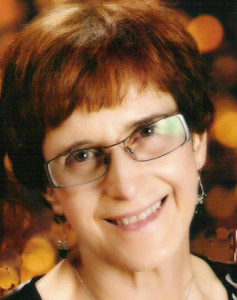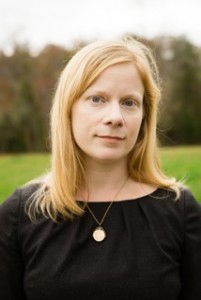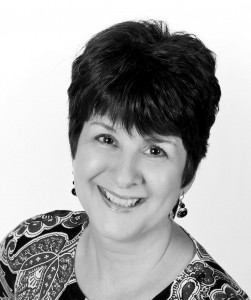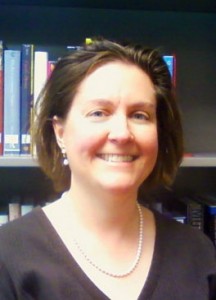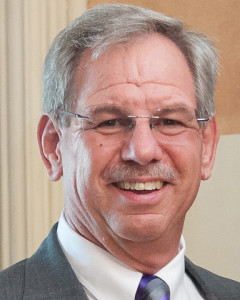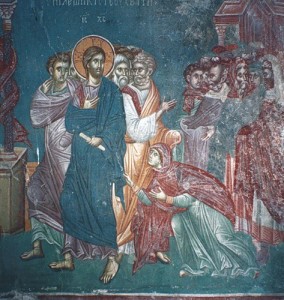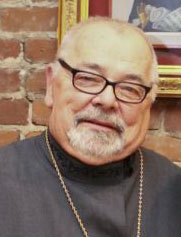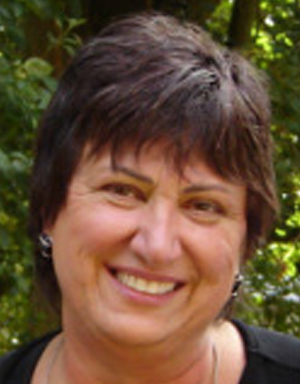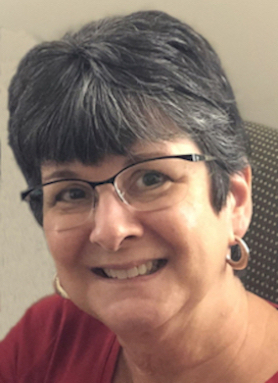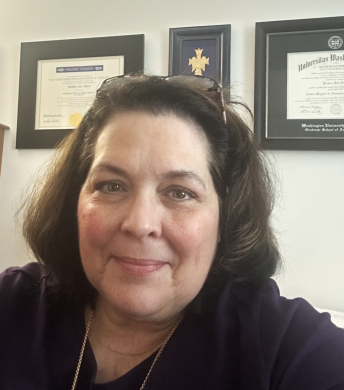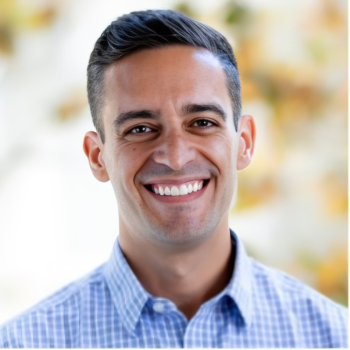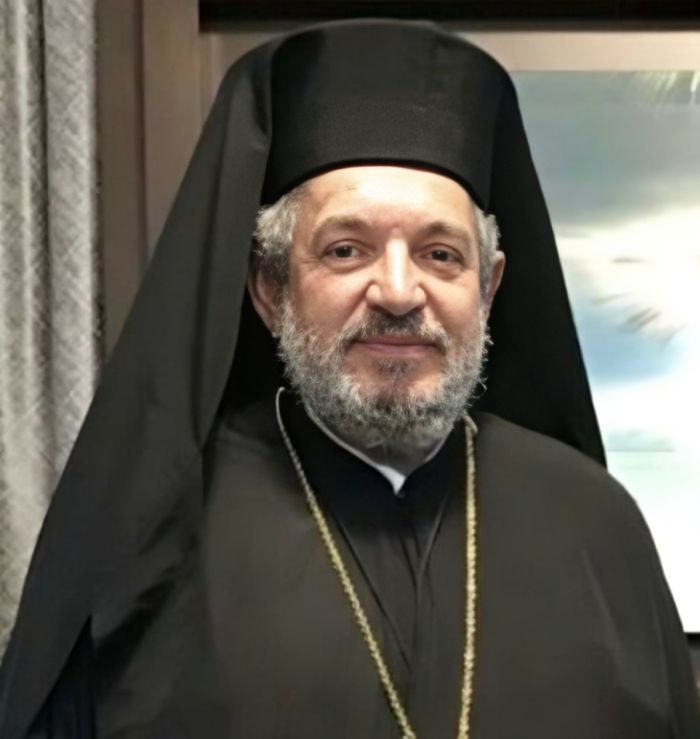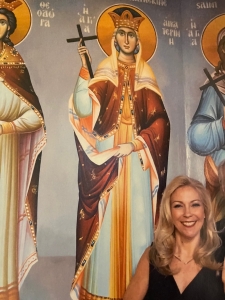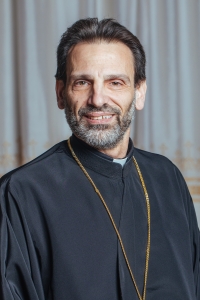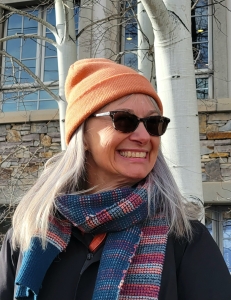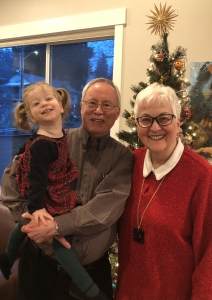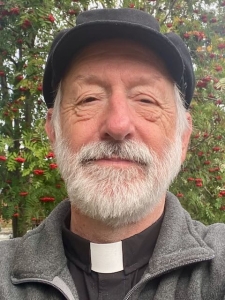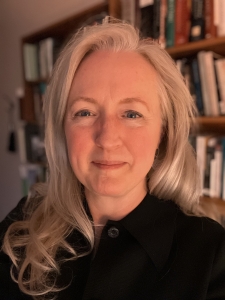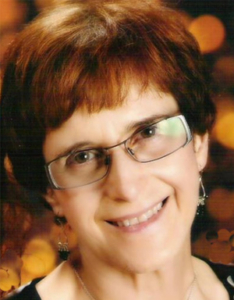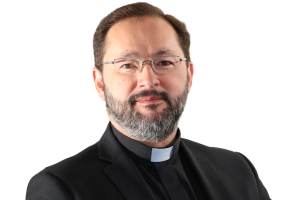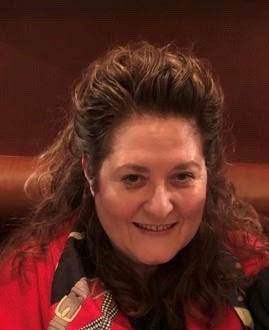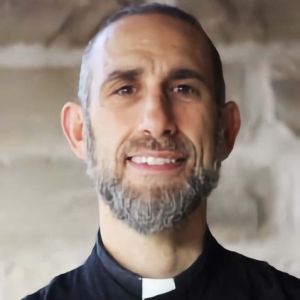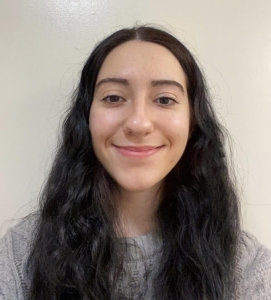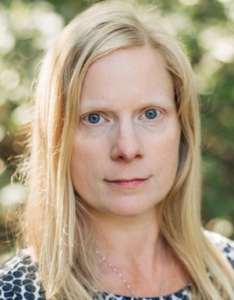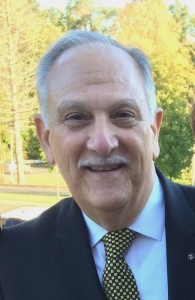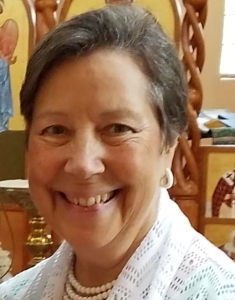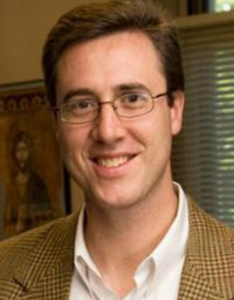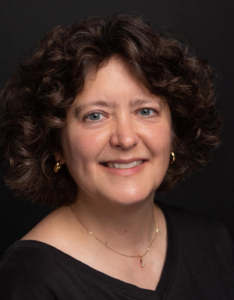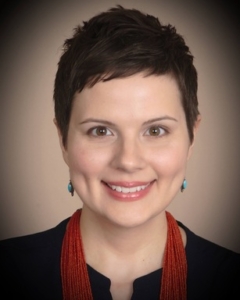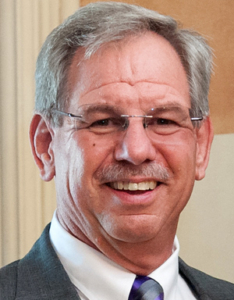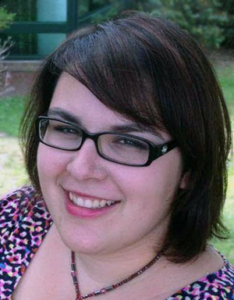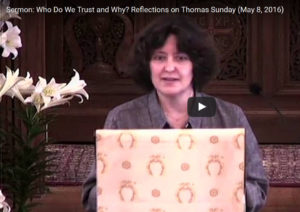
Watch the video.
Text of Sermon:
Who do we trust and why? Reflections on Thomas Sunday
When we are infants, we learn to trust those around us, especially our parents. They feed us, care for us, teach us to talk and walk, etc. We are introduced to the world through their eyes and learn to navigate this life through their guidance. As we grow older, we may test the boundaries they set for us and even though we have been told not to touch “that hot stove because it will burn us,” we have to try it out for ourselves. (Of course, in that instance, we may realize that we should have believed them ;-)) When we become teens, we often posit that our parents cannot be trusted, don’t know anything, and cannot possibly understand our experience; we begin to rely on our friends to know what is real. Still, we may not believe everything we hear and will have to check it out for ourselves. As we continue to grow and mature, we realize that, perhaps, our parents really do have some wisdom to impart to us. We filter their advice through our own life experience. At times, we believe them because our life experience confirms this. At other times, we may be more suspect. Sometimes there are things in this world that we may not be able to confirm fully by our experience; we must trust in the witness of those who have gone before us. For instance, I believe our planet is round, not because I have actually seen it from space, but I trust the experience of those who have seen this and the pictures that they have brought back to us. I cannot confirm this directly, but their witness resonates with what I know from my own experience on this planet and my observation of the skies around us.
The anxiety and confusion surrounding the question of who we trust and why is found in the different Biblical accounts immediately following the Resurrection of Jesus as well. In the Gospel of Mark (16:1–8) that is read at the Rush service on Pascha Night, the Myrrh-bearing women —Mary Magdalene, Mary the Mother of James, and Solome—go to the tomb of Jesus, see that the stone had been rolled away, meet a young man dressed in white who tells them that Jesus has risen. However, they do not know this man and are afraid. They do not trust him and flee. In the Gospel according to Luke (24: 1–12), the women, seeing the empty tomb, remember Jesus’ words that He would rise on the third day. They believe and go to tell the disciples, but the men do not believe them. The women trusted Jesus’ words, but the men do not trust their words. They do not believe the witness of the ones who have been with them, traveled with them, often supporting them from their means for the better part of Jesus’ earthly ministry. In the same story according to the Gospel of Matthew (28: 1–20) that is read at the Paschal Vigil that we now celebrate “in anticipation” on Saturday morning, the Myrrh-bearing women go to the tomb, meet what is described as an angel of the Lord who comes and rolls the stone away from the tomb and tells them that Jesus has risen. As in the account from Mark, they quickly run from the tomb with fear, but, in this case, also with “great joy” and go to tell the disciples to meet Him in Galilee as instructed. They trust the messenger implicitly because the angel is identified as from the Lord, from one in whom they believed. However, when the eleven disciples go to Galilee to the mountain that Jesus had directed them and see him, the biblical record says that some still did not believe. They did not trust their own eyes. Seeing is not always believing.
In the reading for today (John 20:19–31), the story of Thomas gives voice to this confusion and doubt surrounding the Resurrection. However, it also gives hope to those of us who live between the time of the historical Jesus and, what we believe will be, the ultimate reign of the Christ of Faith. When Jesus appears to his disciples, Thomas is not with them. He then refuses to trust the witness of his friends when they tell him that they have seen their friend, the risen Jesus. He wants direct proof—not only seeing, but also touching the wounds of Jesus. He declares, “Unless I see the mark of the nails in his hands, and put my finger in the mark of the nails and my hand in his side, I will not believe” (Jn. 20:25b). When the risen Jesus does come to him, he recognizes him and exclaims, “My Lord and My God!” To this, Jesus replies, in the spirit of the Beatitudes, “Blessed are they who have not seen and have believed!”
So, why does Thomas, who had been a close friend and follower of Jesus, doubt the witness of his friends? The biblical record tells us very little. However, we can fill out the story from the hymnography of the church, drawing on the wisdom of those who have gone before us. If you recall, during Antiochian Women’s Month this past March we looked at some of the hymns of the Lenten and Paschal seasons and what they could tell us about the various feasts. I will use the kontakion—a long poetic meditation on the gospel originally used as a type of sermon on the text—to give us some insight into this question.
The Kontakion of Romanos (6th c) imagines the encounter between the risen Jesus and Thomas in ways to which we, even today, might be able to relate. It is built around the refrain, “You are our Lord and God,” the exclamation of Thomas when he recognizes the risen Jesus, albeit transposed into the second person. So, why does Thomas doubt? Romanos suggests that at first Thomas blames the other disciples for his unbelief. Thomas says that if they had really seen the Lord they should have cried out immediately exclaiming, “You are our Lord and our God.” Instead, they concealed it. Wouldn’t we want to tell and/or be told of something so amazing right away? In Romanos’ account, Thomas then questions the veracity of the story because the disciples had not proven trustworthy in the past. For instance, Peter had denied Jesus three times; they had all fled at the crucifixion. Do our friends sometimes disappoint us as well? Furthermore, Romanos proposes that Thomas wonders why he was not called immediately when the disciples met Jesus. He is jealous at their good fortune. He was part of the group, but wonders why he was not among them or asked to be among them at that time. Do we as well, sometimes question the veracity of something because we were not part of the inner circle to whom it was revealed? Romanos continues by saying that when the risen Jesus does appear to Thomas, he is embarrassed by his unbelief. He wonders what he is going to say to his friends now, after questioning their account. How do we recover from a similar lack of trust in our relationships? Thomas asks for forgiveness. Jesus consoles him saying that he “guards those living in me.” He then blesses his faith and continues, saying, “Still more do I bless those who come on merely hearing of me…”
So, how do we, who have not physically seen the risen Christ nor touched his wounds, believe in His Resurrection? How do we, who may empathize with many of Thomas’ doubts as imagined by Romanos, recognize the risen Christ? Unlike Thomas, we do not have the direct witness of our friends. However, we do have the collective witness of those who have gone before us embedded in the Tradition of the Church—a witness that has proclaimed the death and resurrection of Jesus Christ for almost 2000 years, especially at every Divine Liturgy. We continue to do so. It is in this celebration that we are invited to open ourselves up to the continued presence of the risen Christ through the power Holy Spirit. We can trust their witness when we hear the Word of the Lord and are edified by His teachings and marvel at His works. We can trust their witness when we exchange the Kiss of Peace with our neighbor and sense that all is forgiven in the Peace of Christ. We can trust in their witness when we receive His Body and Blood and feel, as we proclaim in the Anaphora of the Liturgy of Basil, a profound bond of unity with the risen Christ and one another. And we can trust their witness when we experience the joy of the Paschal agape meal—the liturgy after the Liturgy—and it continues to permeate the liturgy of our lives. Lives filled with the love of Christ in our midst in which the witness of the past resonates deeply with our own experience and allows us to say with trust and confidence, “Christ is Risen from the dead trampling death by death and upon those in the graves bestowing Life.”
Christ is Risen! Truly, He is Risen!

